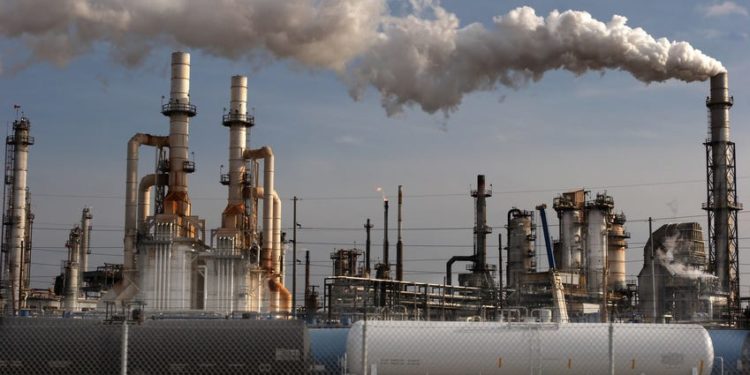Industrialization is a significant driver of development in any country, and it features prominently in the national government’s big four agendas in Kenya. County governments are also setting up industries to process farm produce and boost value addition. This push towards industrialization has successfully created employment for many skilled workers in Kenya, contributing to economic growth and development.
However, industrialization has also led to several problems, with environmental pollution being one of the major issues. Many industries emit toxic gases, causing severe air pollution. Additionally, some industries discharge their waste into rivers, leading to significant water pollution.
This problem is exacerbated by acid rain, a by-product of air pollution, which further contaminates water sources. The cumulative effect of these pollutants contributes to global warming, as toxic gases destroy the ozone layer, allowing harmful UV rays to penetrate the atmosphere.
The impact of industrial pollution is not limited to environmental degradation; it also poses serious health risks. People exposed to toxic gases or consuming polluted water can suffer from various health problems, ranging from respiratory issues to severe diseases. This situation underscores the urgent need for stringent measures to address environmental pollution.
Despite the undeniable need for industrialization to foster growth, it is equally crucial to conserve our environment for future generations. Relevant bodies such as the National Environment Management Authority (NEMA) must ensure that industries comply with environmental conservation regulations.
By enforcing these laws, we can strike a balance between industrial growth and environmental sustainability, ensuring a healthier and more prosperous future for all Kenyans. The journey towards sustainable industrialization is challenging, but with diligent effort and responsible practices, it is achievable.
















